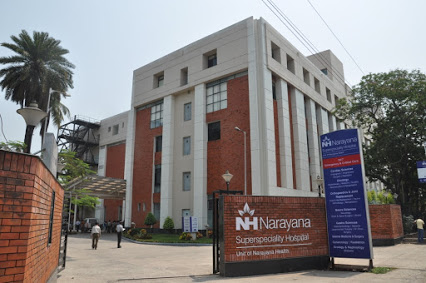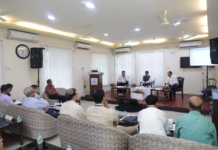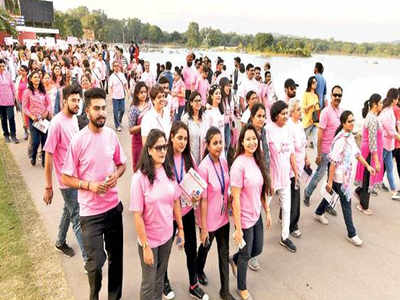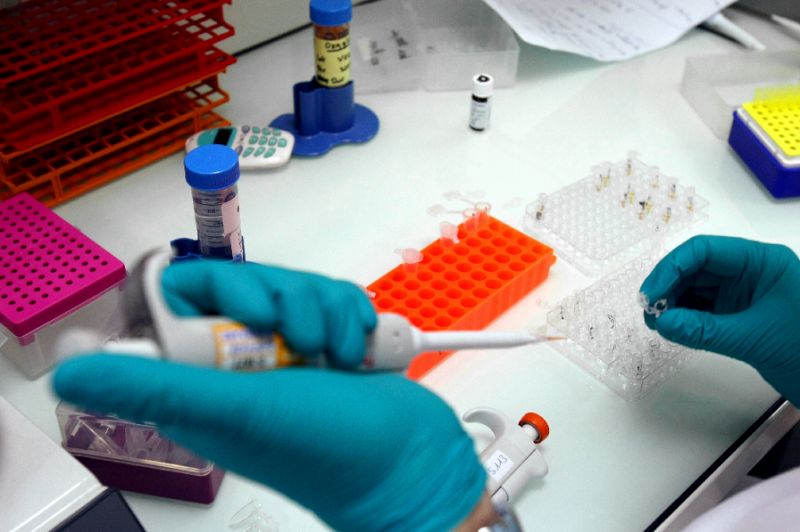Kolkata|HL
According to data from various registries 85% cases of prostate cancer in India are detected late which is in stages III and IV. In contrast only 15% cases are diagnosed late in the United States. Keeping this in mind we urge Kolkatans to go for routine checkup,” said R Venkatesh, Zonal Director (East), Narayana Health.
Narayana Superspeciality Hospital has launched a prostate clinic in its Howrah facility to tackle with rising cases of prostate cancer. The hospital is also observing September as prostate cancer awareness month. A host of leading oncologists including some from Tata Memorial Hospital Mumbai came down to the hospital during the launch of the specialty clinic on Monday.
“Although cancer prevalence in India is lower than that of western countries, increase in life expectancy and change in lifestyle has increased cancer risk in the country, particularly that of prostate cancer. In India, data on incidence of prostate cancer is limited mainly due to the fact that this is not a notifiable disease. Lack of awareness about this disease in the society, poor reporting and documentation of cases are the bane for the healthcare sector,” said Dr Ganesh Bakshi, Surgical Oncologist, Tata Memorial Hospital, Mumbai.
Prostate cancer is the second most frequently diagnosed cancer in men worldwide and the fifth most common cancer overall. It is also the sixth leading cause of cancer deaths in men. Worldwide, prostate cancer is projected to have the largest proportionate increase in cancer cases in men by 2020.
“The 2011 census shows that India has 9.8 crore male who are over 50 years of age and the average life expectancy has increased to 70 years. The city of joy is a graying metropolis with 60-plus population being one of the largest in the country amongst metro cities. This demographic data makes Kolkata one of the most vulnerable to prostate cancer in the ensuing decade. Also, Prostate cancer has no symptoms in the early stage. But if detected early, it is often curable,” said Dr Abhay Kumar, Surgical Oncologist, Narayana Superspeciality Hospital, Howrah.
Several factors that include history of prostate cancer in the family, history of diabetes mellitus, obesity, smoking habit, body mass index, and vasectomy could put one in the risk of prostate cancer. Those involved in agriculture also in the risk category due to exposure to certain pesticides.
Inputs:TNN










